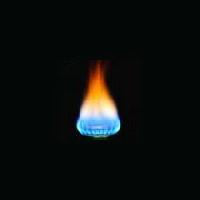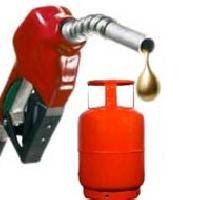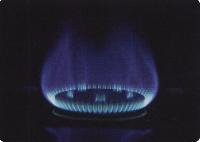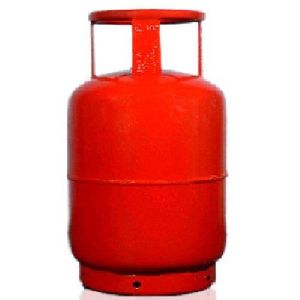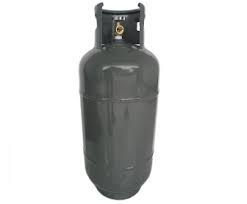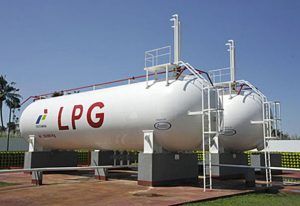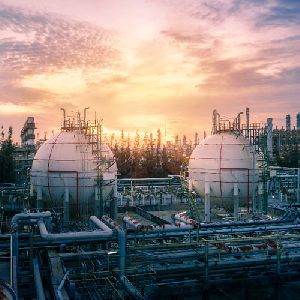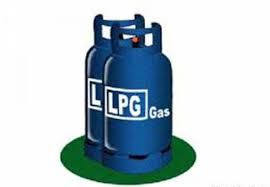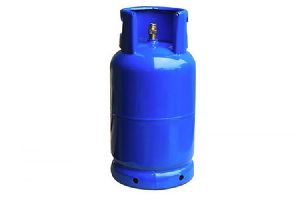Listing ID #5536708
Company Information
Ask for more detail from the seller
Contact SupplierLiquefied petroleum gas or liquid petroleum gas (LPG or LP gas), also referred to as simply propane or butane, are flammable mixtures of hydrocarbon gases used as fuel in heating appliances, cooking equipment, and vehicles. It is increasingly used as an aerosol propellant and a refrigerant replacing chlorofluorocarbons in an effort to reduce damage to the ozone layer. When specifically used as a vehicle fuel it is often referred to as autogas. Varieties of LPG bought and sold include mixes that are mostly propane (C 3H 8), mostly butane (C 4H 10), and, most commonly, mixes including both propane and butane. In the northern hemisphere winter, the mixes contain more propane, while in summer, they contain more butane. Mainly two grades of LPG are sold: commercial propane and HD-5. These specifications are published by the Gas Processors Association (GPA) and the American Society of Testing and Materials (ASTM). Propane/butane blends are also listed in these specifications. Propylene, butylenes and various other hydrocarbons are usually also present in small concentrations. HD-5 limits the amount of propylene that can be placed in LPG to 5%, and is utilized as an autogas specification. A powerful odorant, ethanethiol, is added so that leaks can be detected easily. The internationally recognized European Standard is EN 589. LPG is prepared by refining petroleum or "wet" natural gas, and is almost entirely derived from fossil fuel sources, being manufactured during the refining of petroleum (crude oil), or extracted from petroleum or natural gas streams as they emerge from the ground. It was first produced in 1910 by Dr. Walter Snelling, and the first commercial products appeared in 1912. It currently provides about 3% of all energy consumed, and burns relatively cleanly with no soot and very few sulfur emissions. As it is a gas, it does not pose ground or water pollution hazards, but it can cause air pollution. LPG has a typical specific calorific value of 46.1 MJ/kg compared with 42.5 MJ/kg for fuel oil and 43.5 MJ/kg for premium grade petrol (gasoline). However, its energy density per volume unit of 26 MJ/L is lower than either that of petrol or fuel oil, as its relative density is lower (about 0.5–0.58 kg/L, compared to 0.71–0.77 kg/L for gasoline). As its boiling point is below room temperature, LPG will evaporate quickly at normal temperatures and pressures and is usually supplied in pressurised steel vessels. They are typically filled to 80–85% of their capacity to allow for thermal expansion of the contained liquid. The ratio between the volumes of the vaporized gas and the liquefied gas varies depending on composition, pressure, and temperature, but is typically around 250:1. The pressure at which LPG becomes liquid, called its vapour pressure, likewise varies depending on composition and temperature; for example, it is approximately 220 kilopascals (32 psi) for pure butane at 20 °C (68 °F), and approximately 2,200 kilopascals (320 psi) for pure propane at 55 °C (131 °F). LPG is heavier than air, unlike natural gas, and thus will flow along floors and tend to settle in low spots, such as basements. There are two main dangers from this. The first is a possible explosion if the mixture of LPG and air is within the explosive limits and there is an ignition source. The second is suffocation due to LPG displacing air, causing a decrease in oxygen concentration. A "full" LPG cylinder contains 85% liquid, the ullage volume will contain vapour at a pressure that varies with temperature.
Global Trade Desk is the USA leading and most trusted export-import and Trader Company. Our venture started in 2018 with authentic and meaningful products like Fertilizer, Barley Seeds, Wheat Seeds, Fresh Chicken, Fresh Tuna Fish, Fresh Yellow Corn, Fresh Yellow Maize, Crude Petroleum Oil, D2 Diesel Gas Oil, M100 Mazut Oil, Aluminum Alloy Bars, Copper Bars, Iron Bars, Silver Bars, Steel Bars, A1 Jet Fuel, Liquefied Petroleum Gas, ICUMSA 45 Sugar, Methanol Alcohol, Oxidized Bitumen, Rail Scrap as an Exporter Importer Trader.
From the last 02 year, our company has become a Gold Standard in the field of export-import and trading. Following the guidance of our energetic company founder Mr Greg Erickson, our company has become importer-exporter and trader of many valuable goods. Now we have the industry associations in overseas countries with many corporates and exporters importers world over.
Our Mission
To become the leader in export-import competitive intelligence & emerge as a centre of professional excellence by value-driven management.
Our Vision
To be an Alleged & Respected company by Customers, Employees, Vendors, Investors and Society at Large.
Our Values
We admire ethical values like Integrity, Honesty, Transparency, Commitment, Passion, Innovation, Technology & Leadership.
Why Us


